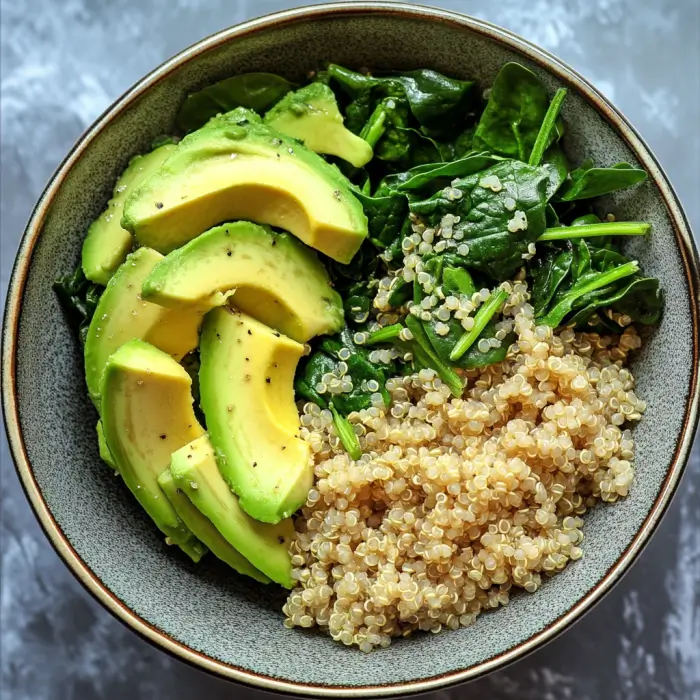
Is MariTide Effective for Weight Loss?
MariTide, an experimental drug derived from marine peptides, is generating interest as a potential breakthrough in weight loss treatments. While its primary mechanisms focus on metabolic regulation and inflammation reduction, questions remain about its efficacy for shedding pounds. Here, we explore the science behind MariTide, its potential benefits, and the current state of research.
What is MariTide?
MariTide is a bioactive peptide drug developed from marine sources, such as fish and algae. These peptides are known for their high bioavailability and ability to influence various biological processes, including cellular repair, metabolism, and hormonal regulation. MariTide is currently being studied for its potential to support weight loss through novel mechanisms.
How Does MariTide Work?
MariTide’s weight-loss potential lies in its unique approach to addressing underlying metabolic and hormonal issues. Here are some of its hypothesized effects:
- Improved Fat Oxidation
Preliminary research suggests MariTide may enhance the body’s ability to break down and utilize stored fat for energy, a process known as fat oxidation. - Appetite Regulation
By influencing hunger-related hormones such as leptin and ghrelin, MariTide could help suppress appetite, reducing calorie intake. - Inflammation Reduction
Chronic inflammation is a common barrier to weight loss. MariTide’s anti-inflammatory properties may improve cellular function and support metabolic health, potentially leading to better weight management outcomes. - Increased Energy Expenditure
Early studies indicate that MariTide might boost resting metabolic rates, allowing users to burn more calories even at rest.
What Does the Research Say?
As an experimental drug, MariTide is still undergoing clinical trials. Here’s what early findings reveal:
- Animal Studies
Tests on animals have shown promising results, with subjects experiencing reduced fat accumulation and improved metabolic markers. However, results in animals don’t always translate to humans. - Human Trials
Initial human trials are limited but have shown potential in improving metabolic rates and reducing hunger. However, significant weight loss has not been consistently demonstrated across all participants. Further large-scale studies are required to confirm these findings.
Potential Benefits Beyond Weight Loss
While weight loss is a primary focus, MariTide is also being studied for other health benefits, including:
- Enhanced skin elasticity and anti-aging properties
- Support for joint health and mobility
- Improved cardiovascular markers, such as cholesterol and blood pressure
These additional benefits could make MariTide a valuable treatment for overall health, especially for individuals with obesity-related conditions.
Risks and Side Effects
As with any experimental drug, MariTide may have side effects. Early trials report the following potential issues:
- Mild digestive discomfort, such as nausea or bloating
- Allergic reactions in individuals sensitive to marine-based compounds
- Unknown long-term effects due to the drug’s experimental status
Patients should consult with their healthcare provider before considering participation in clinical trials or experimental treatments.
Is MariTide Worth Considering?
MariTide shows promise as a future tool for weight loss, particularly for individuals struggling with metabolic disorders or chronic inflammation. However, it remains in the experimental stage, and its effectiveness for widespread use is not yet established. It may eventually complement lifestyle changes like a balanced diet and regular exercise but is unlikely to replace these foundational habits.
Conclusion
While MariTide is an exciting development in weight-loss research, its experimental status means that more rigorous studies are needed to confirm its safety and efficacy. If you’re interested in MariTide, consider speaking with your doctor about clinical trials or alternative evidence-based weight-loss options available today.







































